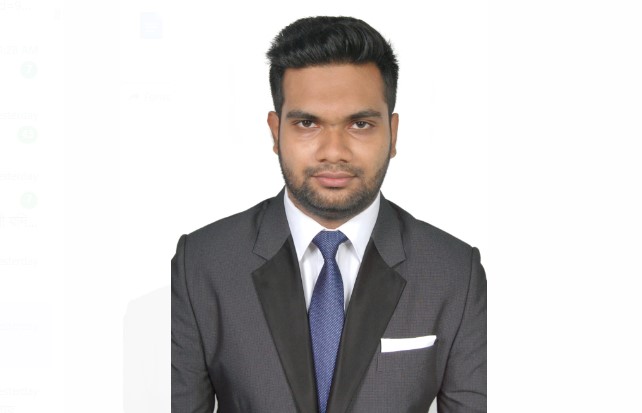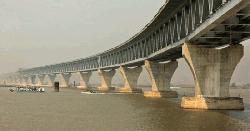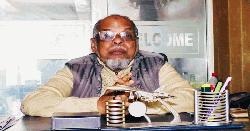| HEADLINE: |
|
Caretaker Governance in Electoral Politics abandoned impartially by Western Liberal Democracy
S M Faiyaz Hossain
|
 Caretaker Governance in Electoral Politics abandoned impartially by Western Liberal Democracy Typically, caretaker administrations are meant to facilitate the transition between outgoing and new elected governments. Their primary duty is to ensure that the state functions properly and that free and fair elections may be held. They are frequently expected to refrain from taking any actions that might affect the outcome of the election or from making important decisions about policy. However, because of the uncertainty of their position and the transitory nature of their authority, there may occasionally be a power vacuum. In these circumstances, the military may feel pressured—or maybe expected—to assume a larger role, particularly in countries where military involvement in politics has a tradition or when civilian control over the armed forces is weak. Caretaker governments and the military have different relationships depending on the nation and situation, but it is a matter of worry since a change in leadership can occasionally result in the military gaining undue influence within a state. While the military does not automatically have extrajudicial powers under caretaker administrations, the dynamics of political transitions can foster situations in which the military does, frequently going beyond what is authorized by the constitution or supported by democracy. During times of transition, giving the military access to extrajudicial powers may have detrimental effects on democratic values and the rule of law. Furthermore, there is a chance that the caretaker phase will be extended indefinitely in situations where the military plays such a role, which puts the nation at danger of becoming embroiled in proxy and border conflicts with its neighbour. There is also disagreement concerning the efficacy of caretaker governments. They are frequently in charge of upholding daily governance, but they do not have a clear mandate to address structural issues or carry out significant policy reforms. This can cause governance to stagnate and for important decisions to be postponed until a permanent government is in place. As a result, important initiatives like social policy or economic transformation may stagnate, which would put the caretaker administration in an awkward position of unintentionally impeding progress. Critics argue that caretaker authorities clearly have the choice to reinforce preexisting biases or further their own agendas, rather than serving as impartial stewards. A Caretaker Mode of operation is an alternative to a Caretaker Government. This idea implies that a system can run in a mode where the current administration continues to function but with restricted powers like partially dissolving the parliamentary body, rather than having a temporary ad hoc government like a caretaker government. The electoral process is managed by the electoral college or commission, while the government has restricted powers and prevents any kind of power vacuum. Writer: Graduate Research Student at University of Tasmania, Senior Executive at a 100% Export Oriented Manufacturing Industry, Member of Amnesty International, Australia. |
Latest News
Popular News
Editor: Dr. Kazi Ertaza Hassan
All right reserved
South Western Media Group
© Daily Peoples Time
News & Commercial Office:93, Kazi Nazrul Islam Avenue, Kawran Bazar, Dhaka-1215
Phone: 88-02-41010087, 41010086, Fax: 88-02-41010085, Advertising: 88-02-41010084
E-mail: [email protected]








 The anti-Sheikh Hasina brigade has been paid back fair
The anti-Sheikh Hasina brigade has been paid back fair  Badruzzaman Badrul, the expatriate son of a brave martyr
Badruzzaman Badrul, the expatriate son of a brave martyr  Minar-e Kabir is a minaret located in Sugandia village
Minar-e Kabir is a minaret located in Sugandia village  Bashundhara Group, the country’s largest business conglomerate, has been
Bashundhara Group, the country’s largest business conglomerate, has been 



